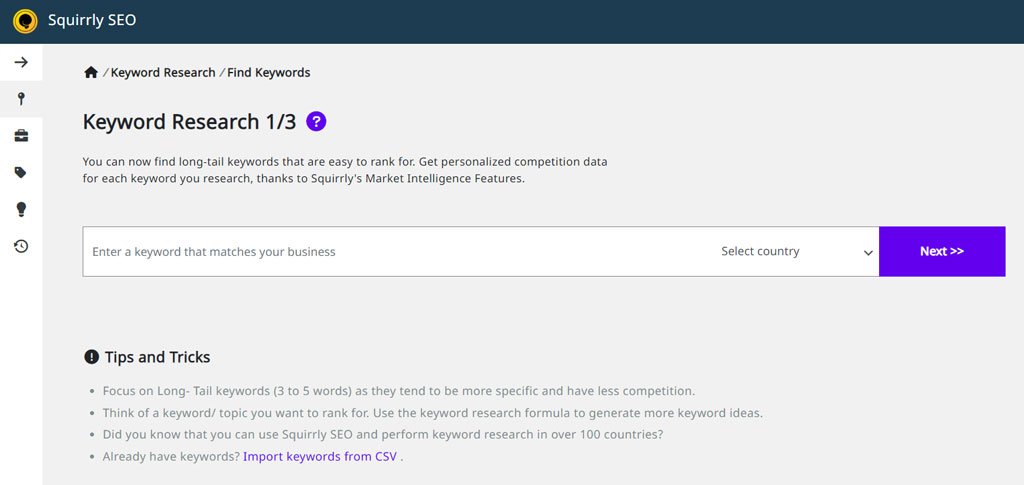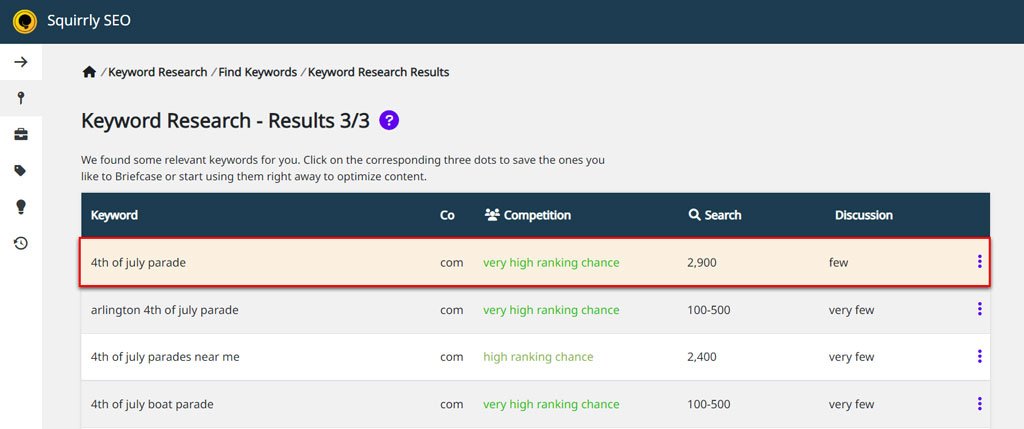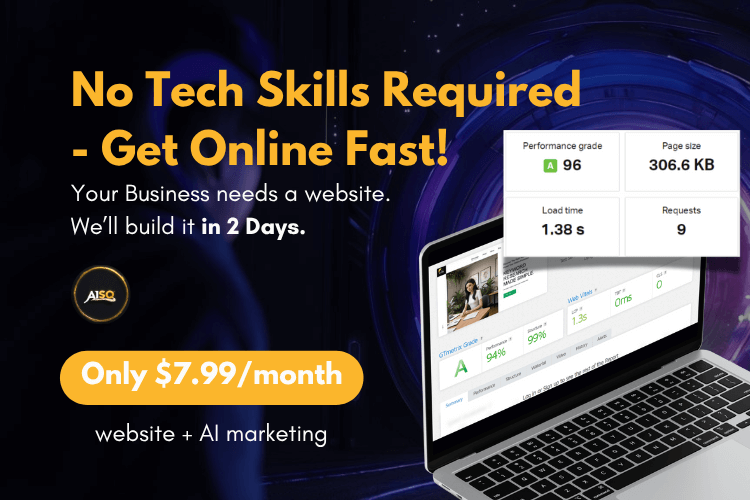Your 14 Days Journey To Better Ranking – Day 2
Goal for today:
- find a direct 1, direct 2, direct 3, or a direct 4 keyword to target in your chosen Focus Page.
What does this mean? And how to do it?
Start thinking about what keyword should your Focus Page show up for when potential customers search on Google.
For example, say you have an amazing page about car tires that you know will bring you good business. You’ll want to make sure you choose an amazing keyword, as well.
“tires” is a horrible keyword for which you will never be able to rank (and shouldn’t for many, many reasons. You can ask in the JourneyTeam Facebook Group if you want to learn why).
“tires for a 19 inch mazda rx8 235/35 by Dunlop” might not be a bad keyword, it could get you some sales… but few people search for that on a monthly basis.
For Focus Pages, you’ll need pages that have a big potential to help your business grow, so you’d need to find a keyword with more monthly searches. And that is where keyword research comes into play.

The Keyword Research section and the Focus Pages section will let you know if the chosen keyword is good or not.
For the purpose of pure SEO, the information related to Discussion is not mandatory.
If you don’t know how to search for keywords on your own:
- use the keyword research formula to generate more ideas and then input them into Squirrly’s Keyword Research Filter. (go to the page, scroll down to the infographic and then read the details for how to apply the formula)
- try to look at competitors to find out what keywords THEY are using. (the MarketingMinute program from ChiefContent offers a free report with keywords your competitors use if you bring a friend to join their invite-only community: https://chiefcontent.com/education/ Both you and your friend will unlock reports if you get at least one friend to join. It’s completely free).
Types of keywords that you can include when doing Keyword Research:
- Direct 1 Keywords (something general like: social media tool)
- Direct 2 Keywords (keywords that show strong buying intent like: buy social media scheduling tools)
- Direct 3 Keywords (based on the Keyword Research Formula: read the lesson where the Formula is presented to get the ideas)
- Direct 4 Keywords (based on jobs related to the Direct 1 Keywords: in this case something like: “Facebook Automation“, “Schedule Posts to Instagram“, “evergreen social media posting“)
- Direct 5 Keywords (alternative pages: “squirrly social vs buffer“, “buffer vs Hootsuite“, etc.)
Now that you know the examples above and how to pick the different levels, spend time thinking about these for your OWN industry.
I’ve talked to startup founders creating social media tools and they had no idea how to do SEO for their startup. All they could think about was the keyword “social media tool”. That’s why they were not successful with search engine optimization.
However, as a member of the JourneyTeam, you get the right ideas, so that you have the best chance of success. Start your journey the right way, by knowing the real details of SEO.
Also, think a lot about how you can structure your own Direct 1, Direct 2, Direct 3 and Direct 4. Then take your ideas to WordPress – Squirrly SEO – Keyword Research – Find Keywords. Place them in. Check their stats. Pick the best you find.

What can you do with the keywords you find?
For all of these direct keywords, you can build pages with good conversion elements at the top of the page (above-the-fold section) and then long content on the page, to get it ranked. But more about this in the next few days of your 14 Days Journey.
Of course, if your industry is ultra-competitive and all good direct keywords are targeted by HUGE sites you can’t dream of overtaking, there’s good news!
You can choose an indirect keyword. This will mean you’ll have to work on a different Focus Page for the remainder of your 14 Days Journey. But hey, it’s infinitely better to work and rank higher than to stagnate and get no results.
Usually, indirect keywords are used in blog posts. I found 100 indirect keywords useful for sites in the fitness industry, by going after blog topic ideas targeted by the FitBit wearables company. Took them out and placed each keyword they used into our Keyword Research tool. Generated the following report: [link to report]
Just by reading the report you’ll figure out how to find indirect keywords for your own industry.
Now: the biggest question to ask yourself today:
Can you find an amazing keyword for the Focus Page you’ve chosen for your 14 Days Journey to Better Ranking?
Acceptable stats that indicate you have a good keyword:
- very high ranking chance or high ranking chance (mandatory)
- over 1,500 monthly searches (try hard to get a keyword with such stats; if you find it’s impossible, you can compromise on this stat. However, this will mean less potential traffic over time compared to if you’d target a keyword with higher search volume. Therefore, alternatively: pick a keyword with over 500 monthly searches)
What to do if you can’t find a good keyword?
- Keep Searching. Keep applying ideas from Direct 1, Direct 2, etc. Keep applying ideas from the Keyword Research Formula. Keep trying to see if competitors have better ideas.
- Re-think your whole DAY 1. Choose (or create) a different Focus Page. Yes, sometimes, you have to accept that in order to succeed you need to adapt to the market. If the market demands something, give them what they demand and what your resources can help you go to market with. If your site were Wikipedia.org, I would tell you to choose even keywords with Very HARD to rank competition stats. But you don’t have that kind of Authority (Wikipedia is a top 50 site in the whole WWW).
You’ll see that adaptability is the only serious way to success. (think of Nokia and Kodak which failed because they could not adapt to new market conditions). Sometimes you have to adapt. However, in marketing, it’s basically your job to adapt.
SEO is about supplying a clear demand. Use keyword research to understand the demand. Use an amazing Focus Page to deliver the Supply.
You need the right Focus Page with the right main keyword for the next days on your Journey to Better Ranking.


